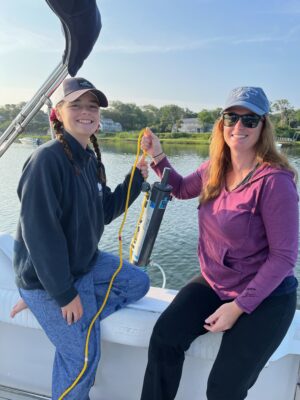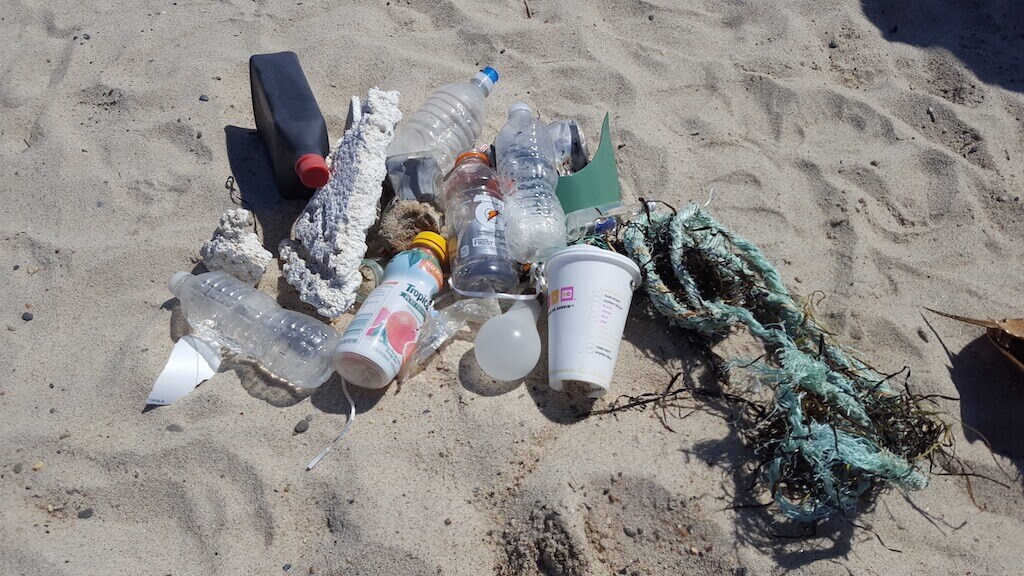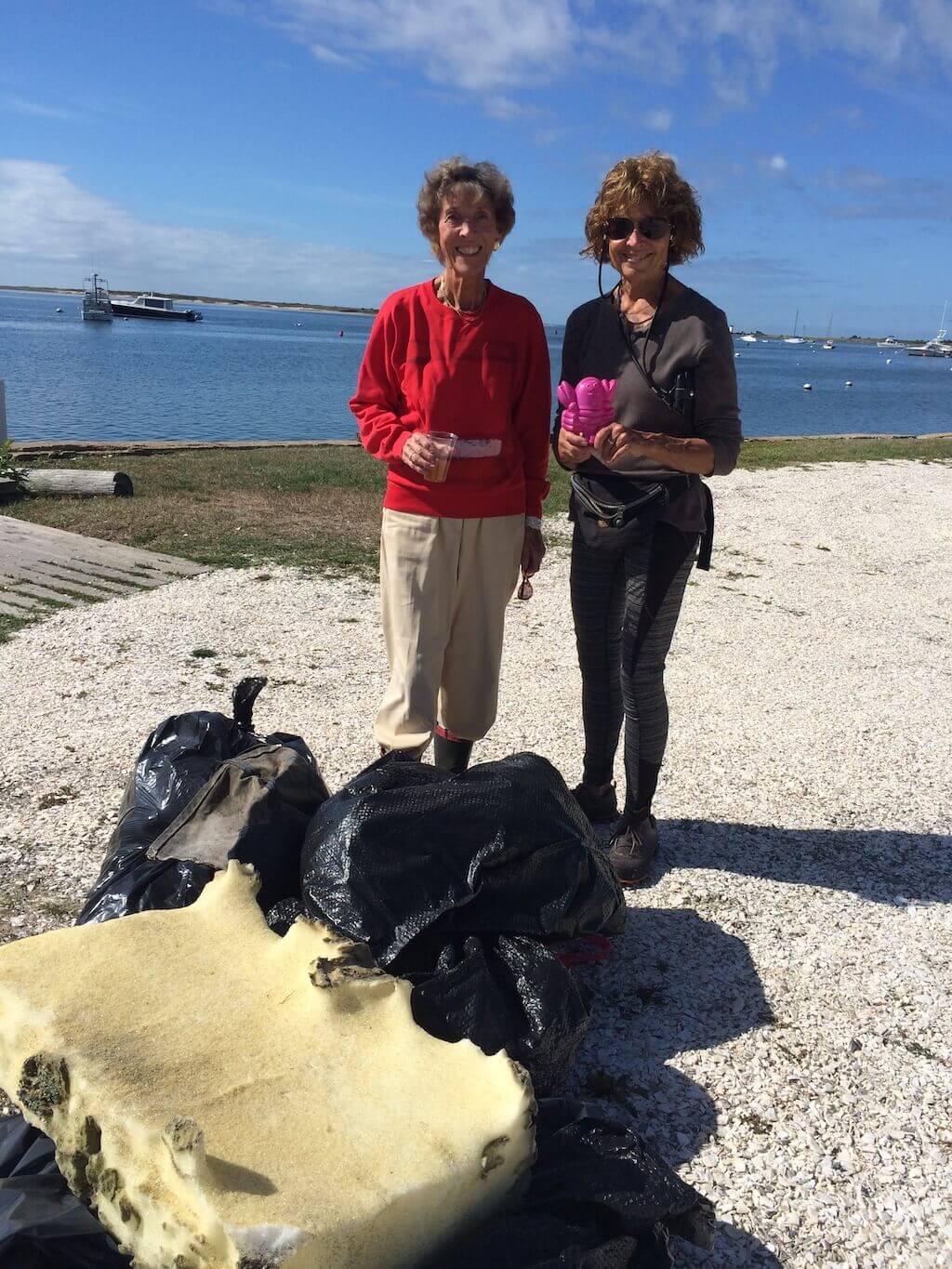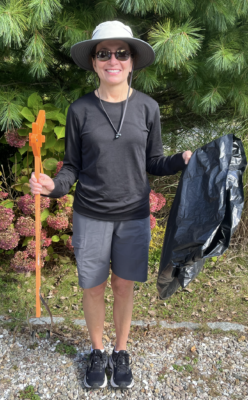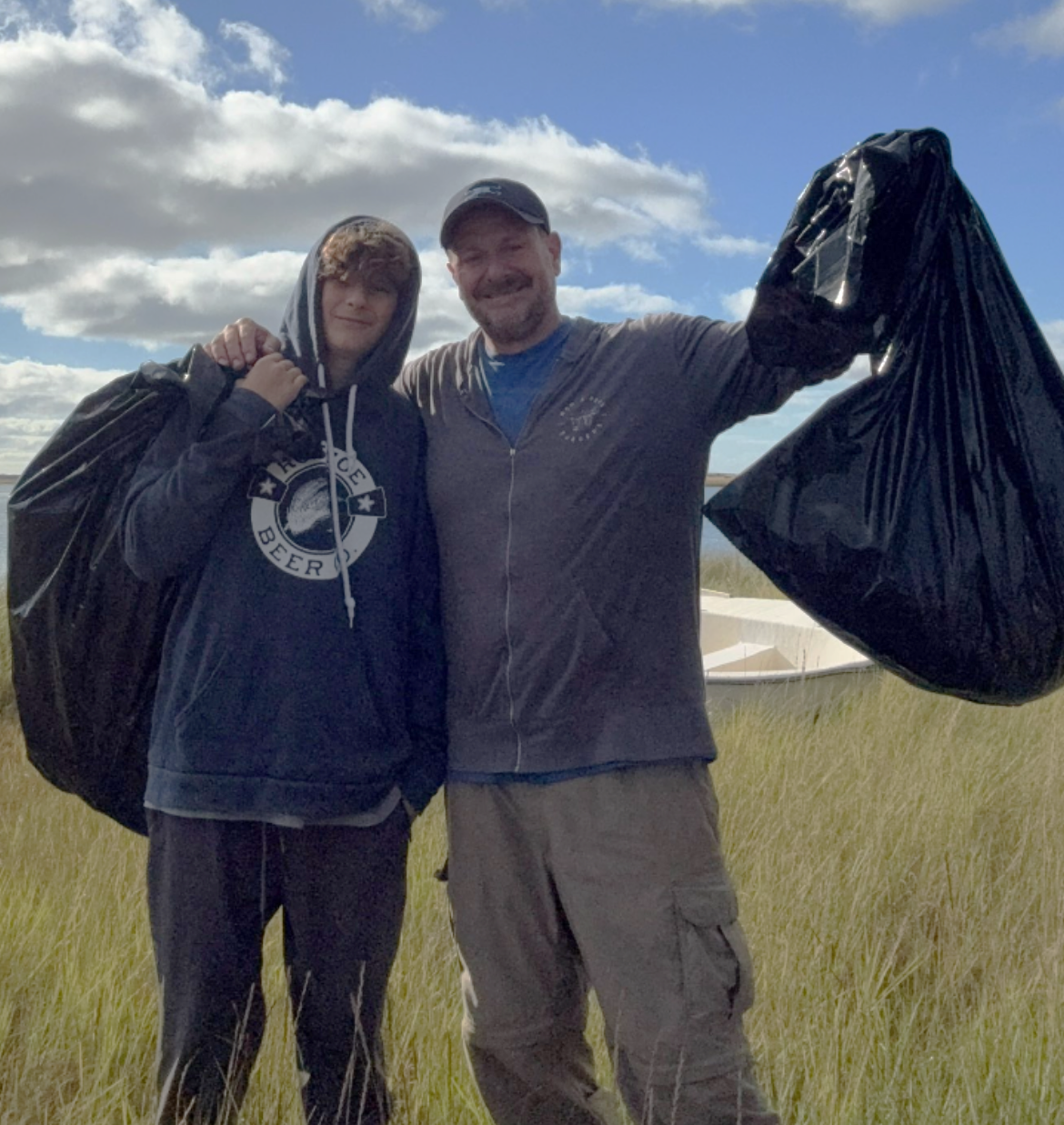Coastal Water Nutrient Monitoring Program
Chatham Water Watchers, in cooperation with the Town of Chatham and the Pleasant Bay Alliance, collect and test water samples in Chatham's estuaries five times per summer at biweekly intervals during July and August and once in early September. Volunteers are trained by Dr. Robert Duncanson, Director of Chatham's Department of Health and Natural Resources, to directly assess water quality by measuring water clarity, salinity, temperature and dissolved oxygen content and taking water samples at varying depths. Collected data and water samples are analyzed by the UMass School of Marine Science and Technology in Dartmouth.
The program's history began in 1994 when the Massachusetts State Executive Office of Environmental Affairs endorsed a Stage Harbor Management Plan approved by Chatham's town meeting. Chatham's plan was the first to be adopted by a Massachusetts town and became a model for other towns. Friends of Chatham Waterways (FCW) aided in the development of the Stage Harbor Plan which called for the design of a water quality monitoring program in efforts to better understand and manage wastewater from homes, businesses and storm water runoff. In 1999,FCW worked cooperatively with the town to implement this plan which became the Coastal Water Nutrient Monitoring Program.
If interested in Volunteering then see our 2020 Training Video below:
Friends of Chatham Waterways (FCW) Water Watchers have recently completed their 23rd season of collecting water samples and data for Chatham's Coastal Water Nutrient Monitoring Program.
From 15 sampling stations in Chatham, 38 volunteers used refractometers to measure water salinity, Secchi disks to measure water depth, Dissolved Oxygen meters to record water temperature and dissolved oxygen levels, and Niskins to collect water samples for nutrient and chlorophyll content. Their data and water samples will be analyzed by the University of Massachusetts School of Marine Science and Technology in Dartmouth.
The Coastal Water Nutrient Monitoring Program continues to provide critical back-ground data on general water quality, conditions and trends in nitrogen loading. This year's results, along with past data, will help determine the health of the town's estuaries and track changes as Chatham implements its waste water management plan.
FCW would like to thank the following Chatham Water Watchers who set out five times this summer to monitor the town's estuaries and embayments. Stage Harbor estuaries: Betsy Mosser, Janet Fields, Douglas Fields, Jay Stahl, Larry Capodilupo, Bill Horrocks, Cameron Koblish, Bill Hayes, Susan Weinz, Jeff Mason, Pippin Griscom, Sandy Giorgetti, Sarah Wilsterman, Randy Fusaro, Noah Fleischman, and Marianne Nover; South Coastal embayments: Frank Messina, Peter Barry, Don Phinney, Sherrie Burson, Dick Hosmer, John Garry, Dave Holden and Roger Donald; Pleasant Bay: Bob Samuelson, Carolyn Parker, Dick Hoyt, Joe Meeks Bob Wilson, Patrick Otton, Charlie Goheen, Michael Reilly, Elizabeth Reilly, Carole Ridley, Scott Ridley, Natalie Coleman Fuller, Dick Ingwall, and Joanne Ingwall.
The Coastal Water Nutrient Monitoring Program is organized and supervised by Dr. Robert Duncanson, Director of Chatham's Department of Natural Resources.
Coastsweep
Ocean Conservancy's Clean Swell App
Tracking trash on the beach is important for environmental research, and you can help. The Ocean Conservancy has created a the CleanSwell app available on both IOS and Android that allows you to report trash you have picked up on your own easily at any time and any place.
September 6, 2024 presentation: Pleasant Bay: A Focus on Environmental Stewardship Dr. Robert Duncanson

